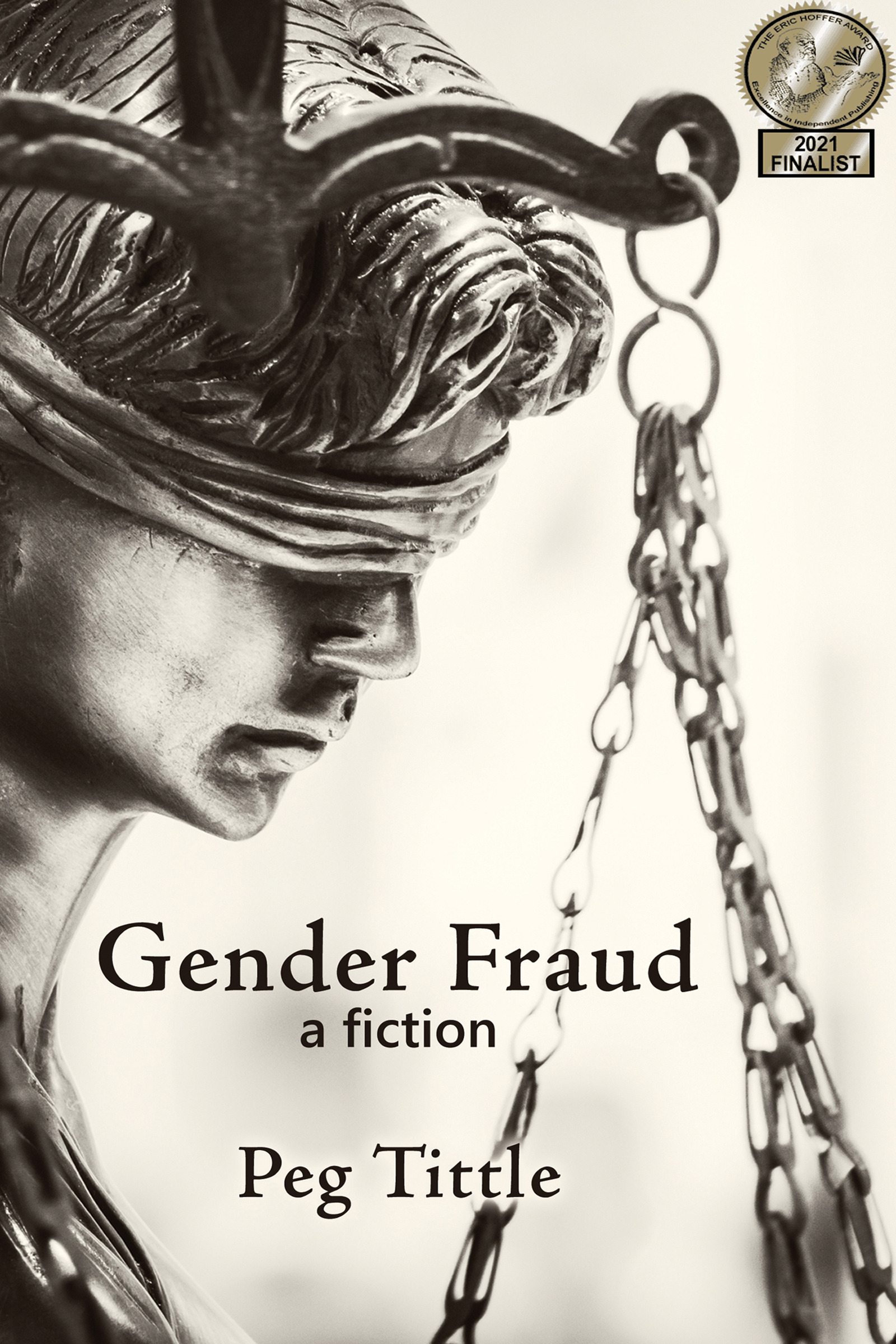According to the Canadian Criminal Code (and probably a lot of other criminal codes), murder can be reduced to manslaughter if the person was provoked. Provocation is defined as “a wrongful act or an insult that is of such a nature as to be sufficient to deprive an ordinary person of the power of self-control is provocation for the purposes of this section if the accused acted on it on the sudden and before there was time for his passion to cool” (CCC 232.(2)).
It is unfortunate that “an ordinary person” is used as the standard for judgment rather than “a reasonable person”. The ordinary person, in my experience, is not particularly reasonable. The ordinary person is a walking mess of unacknowledged emotions and unexamined opinions, most of which are decidedly unreasonable.
Furthermore, in our society, an ordinary person is gendered, and given the specific use of “his” in 232(2), it seems that it is men who are (mostly) in mind for use of this defence.
The ordinary man doesn’t have a very high opinion of women. In particular, in our society, our heterosexist masculist society, men consider women to be almost solely sexual. And they consider them to be sexual property. The ordinary man also considers himself to be almost solely sexual. His physical strength and other supposed attributes of power (from his income to his hair) are also important, but mostly only as indicators of his sexual prowess or attractiveness (go figure). This means that an insult to his sexual prowess, or to any of the stand-ins, especially if uttered by a woman, who is, it goes without saying, a subordinate, may provide grounds for invoking the provocation defence.
Perhaps the typical scenario in which the defence is invoked is that of a married man who discovers his wife having sex with another man and in a “crime of passion” kills – either his wife or the other man or both. We call the murder a crime of passion, but really it’s just an outrage of proprietorship. Of course, maybe that’s what passion is in men: the expression of conquest, and ownership. O. R. Sullivan (“Anger and Excuse: Reassessing Provocation” in Oxford Journal of Legal Studies 13, 1993) calls it an “outrage at a failure to dominate” – which also makes sense, given the subordination of women (and the defence’s applicability to men). And Judy Steele (private correspondence) calls it an honor killing (the man’s honor is at stake).
If it really is passion we want to allow, then I should be excused for stealing a painting because I really like it, I’ve studied and admired art all my life, you could say I’m quite passionate about it…
And what exactly is passion, in an ordinary man, except rage – a testosterone tantrum? So we’re legitimizing man’s anger. (‘I was angry.’ ‘Oh well then. That’s okay. The man was angry.’) (No wonder they get angry so often. It’s a get out of jail free ticket.)
In fact, somehow, in our society, an angry man is more of a man than a calm man, let alone a fearful man, a grieving man, and so on. Real men must control their emotions, or, better, not have any (well, except anger). (It’s just a little ironic to allow a defence of emotion to those who pride themselves on not being emotional. Well, except for being angry.)
If we open the door to this unreasoned and unreasonable action, this knee-jerk response, shouldn’t we open the door to all knee-jerk responses? What makes this one so different it excuses murder? If it’s okay to kill someone because you think you own her, shouldn’t it be okay to kill someone because, oh, I don’t know, you think she’s a spy for the aliens? Or because she (or he) called you stupid?
A further indication that this defence is primarily intended for men is that if a sexually unattractive man makes a move on a woman (an insult to our sexual prowess), even an illegal move such as sexual touching without consent, we generally don’t kill the guy. And yet, apparently, an unsolicited homosexual advance can provoke a man to kill. After all, such an unwelcome sexual advance is enough to make you lose control. (Oh yeah? Hm. Let me get my gun. There’s a construction crew outside and a bunch of assholes down at the bar. And another bunch at work.)
I’m also not impressed that with this defence, the act must be done “on the sudden and before there was time for his passion to cool.” This means we’re condoning a lack of control. It has always puzzled me that premeditated murder is considered worse, not better, than unpremeditated murder.[1] Doing something after some consideration should surely be better than doing something thoughtlessly, without stopping to think about it at all – even if the reasons for the behaviour turn out to be unacceptable ones. (And we should definitely teach kids the difference between acceptable reasons and unacceptable reasons.)
And funny how men seem to lose control only when a perceived-to-be subordinate frustrates their desires. When they lash out at a bigger guy, it’s just a fight. Better to be stupid than shamed? So the provocation defence is just a way out of the shame of ‘picking on’ someone not your own size? [2]
Furthermore, how can such loss of control be both a justification (as when the provocation defence is invoked – in which case what you did isn’t as wrong) and an excuse (as when temporary insanity is invoked – in which case what you did isn’t really your fault)?
Of course, yet another problem with allowing a provocation defence is that it puts at least part of the blame on the provoker. ‘It was her fault. She provoked me.’ I can see this for some situations; blame is often justly shared in a physical altercation. But in a murder? It’s her fault he killed her? Please. She mocks you? She nags? She makes fun of your sperm count? She complains about your failure to get a job, a real job, a good job? She talks to other men? She has sex with them? So call her a bitch and leave. And don’t look back. Send money for your kids or apply for custody if you want to look after them. Or put up with it until they’re sixteen and then leave. But geez louise d’ya have to kill her?
It is not irrelevant that short of the formal provocation defence, provocation is often invoked in sexual assault crimes as well. It’s a way to dodge blame. Not only do we allow this plea of provocation by men, we encourage, we expect, the provocation by women: women are expected to be sexually attractive all the time – to wear sexualizing make-up and attire, even at work. (Though given that men also rape asexualized women – we’ve all read about the 60-70-year-old victims – apparently it’s our fault just for being a woman. Can you say ‘Eve’?) It’s a neat little trick: encourage the provocative behavior, and allow the provocation defence. And yet, as Lucy Reed Harris (“Towards a Consent Standard in the Law of Rape” in University of Chicago Law Review 43, 1976) points out, “although a flagrant display of cash in public may very predictably precipitate a robbery, the law does not hold an alleged robbery victim responsible for his own foolishness in making such a display.” (Unless it were a woman being so foolish?)
When will we insist our boys grow up? If there’s a legitimate reason they lag behind girls in maturity development (and therefore have relatively little control) and language skills (which provide a much better response to an insult), then let’s just say it – they’re the inferior ones. And then let’s follow through, and restrict their access to weapons, for example. (A higher age limit for drinking, and driving, would also be a good idea. And a curfew for two or more men under thirty gathered together.)
[1] In the case of Robert Latimer, for example, the presence of premeditation should’ve made it better: he did not kill Tracy on the spur of the moment, out of anger; he thought about it, long and hard, literally for years, after trying every alternative…
[2] Because if it really is the case that you can’t control yourself, well, we can fix that – we can lock you up and keep you away from others or we can give you drugs that reduce that pesky testosterone.
















